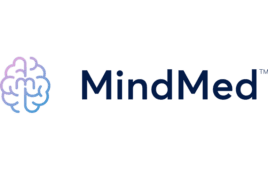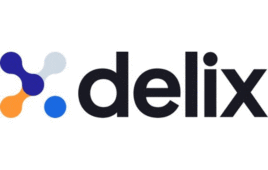 Ketabon GmbH revealed positive top-line results from its phase 2 KET01-02 study investigating KET01, an oral slow-release formulation of oral ketamine, for treatment-resistant depression (TRD). Results were promising initially. Investigators noted improvements in depression severity as early as day 4, but data were not statistically significant over placebo at day 21.
Ketabon GmbH revealed positive top-line results from its phase 2 KET01-02 study investigating KET01, an oral slow-release formulation of oral ketamine, for treatment-resistant depression (TRD). Results were promising initially. Investigators noted improvements in depression severity as early as day 4, but data were not statistically significant over placebo at day 21.
A look at Ketabon GmbH’s KET01-02 study in treatment-resistant depression
The trial studied KET01 doses of 120 mg and 240 mg per day. It involved 122 individuals who were outpatients with current major depressive episodes not responding to at least two standard antidepressants. Participants received KET01 once daily in addition to a traditional antidepressant treatment over the three-week period. In particular, the 240 mg/day dose showed clinically relevant improvements with statistical significance versus placebo on days 4 and 7. The drug, however, did not maintain significance at day 21.
Ketabon GmbH touted the data from the phase 2 study, expressing confidence that KET01’s low occurrence of dissociative effects could support the case for at-home use. Ketabon GmbH believes that dissociation has limited ketamine’s adoption.
The trial was conducted at 29 sites across Europe. A partnership between HMNC Brain Health and Develco Pharma, Ketabon GmbH noted that KET-1 was associated with minimal dissociative or cardiovascular side effects.
The trajectory of ketamine in the fight against depression
In a similar vein, Perception Neuroscience, an Atai Life Sciences subsidiary, presented analyses from a double-blind, randomized, placebo-controlled study of the R-isomer of ketamine (arketamine, PCN-101) in TRD at the American Society of Clinical Psychopharmacology (ASCP) 2023 annual meeting on May 31. Although the 60 mg dose showed consistent improvement on the MADRS across all timepoints, the study did not reach its primary efficacy endpoint — improvement in TRD symptoms was non-significant.
The trial enrolled 102 patients with TRD, with 31 subjects in each arm of the study, including placebo, PCN-101 30 mg, and PCN-101 60 mg.
Perception noted that dissociation and sedation were similar to placebo.
More recently, Perception Neuroscience shared data from a phase 1 intravenous-to-subcutaneous (IV-to-SQ) bridging study of PCN-101 (R-ketamine). Focusing on the safety, tolerability and pharmacokinetics of PCN-101, the study found that the subcutaneous administration was well-tolerated and compared favorably to Spravato (esketamine) in terms of sedation and dissociation rates.
While the off-label use of ketamine to treat depression has exploded in recent years, the dissociative anesthetic has faced challenges. Although Janssen’s esketamine (Spravato) won FDA approval for treatment-resistant depression in 2019, its use has been constrained by the FDA’s Risk Evaluation and Mitigation Strategy (REMS) program, which requires clinician supervision post-administration. Esketamine sales, however, are on the upward trend, hitting $131 million in the first quarter of 2023 — an 87% year-over-year surge.
A number of companies are also working to gain FDA approval for classic psychedelics. The growing traction of alternative mental health treatments, such as ketamine-associated therapy, is fueling research interest in psychedelic therapy. Decriminalization efforts, efforts, are outpacing clinical development.
Filed Under: Psychiatric/psychotropic drugs



